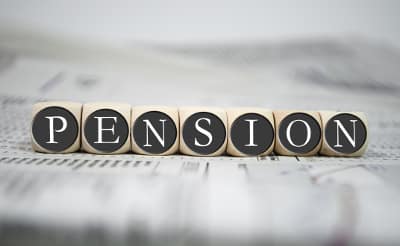However, British expats already living in the EU are unlikely to be affected as it is probable that the government will succeed in ensuring that reciprocal agreements protect their right to reside within the EU.
As it stands, non-EU nationals wishing to live in EU countries have to provide documentation in relation to their expat regular savings, income and pensions in order to receive EU residency visas, so it is possible that British nationals will have to do the same.
“It is likely there would be a system of long-term permits and residency. We want what is in the best interests of the British people but this will form part of the discussion,” a Home Office spokesperson told media.
However, there is still the possibility that Prime Minister Theresa May and her government might be able to achieve a more favourable deal with EU negotiators; in such a situation British nationals may be subject to exemptions on various EU residency visa rules.
The EU Commission, supported by France and Germany, has already indicated that it might introduce a visa waiver for British nationals, albeit for a fee of around £10.
This communication is for informational purposes only and is not intended to constitute, and should not be construed as, investment advice, investment recommendations or investment research. You should seek advice from a professional adviser before embarking on any financial planning activity. Whilst every effort has been made to ensure the information contained in this communication is correct, we are not responsible for any errors or omissions.

 There is a lot I have learned over more than three decades in the financial services industry and while this period of managing client investments was made possible by my education and enthusiasm, the years have taught me that there is no substitute for experience. There is a big difference between knowing something theoretically and having first-hand, practical experience of it.
There is a lot I have learned over more than three decades in the financial services industry and while this period of managing client investments was made possible by my education and enthusiasm, the years have taught me that there is no substitute for experience. There is a big difference between knowing something theoretically and having first-hand, practical experience of it. Since the Pensions Freedom Act came into force in the UK, in April 2015, there has been a huge outflow of money from defined benefit pension schemes and personal pensions in the UK. Many people have taken advantage of the new flexibilities by having control of their own pension pots.
Since the Pensions Freedom Act came into force in the UK, in April 2015, there has been a huge outflow of money from defined benefit pension schemes and personal pensions in the UK. Many people have taken advantage of the new flexibilities by having control of their own pension pots.